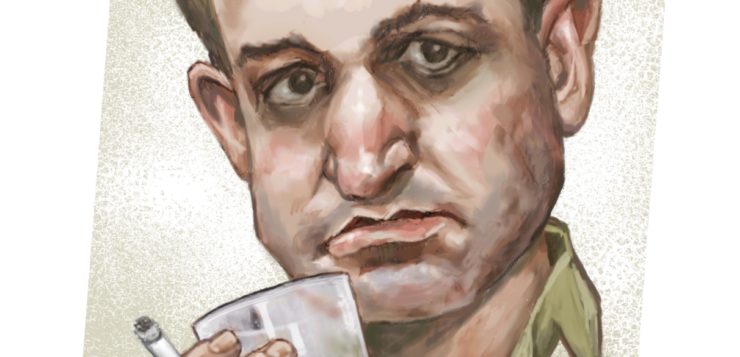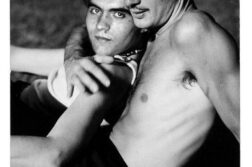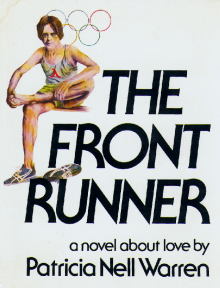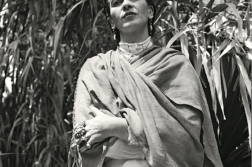AS AN AMERICAN who came out as a teen in Italy in the early 1980s, my favorite gay novel (which I discovered years later) is The Gallery. Written by John Horne Burns (1916–1953), a snide young World War II private from Connecticut, it reveals the dynamic, underground gay life he encountered in chaotic Naples during the Allied occupation of Italy in 1944.
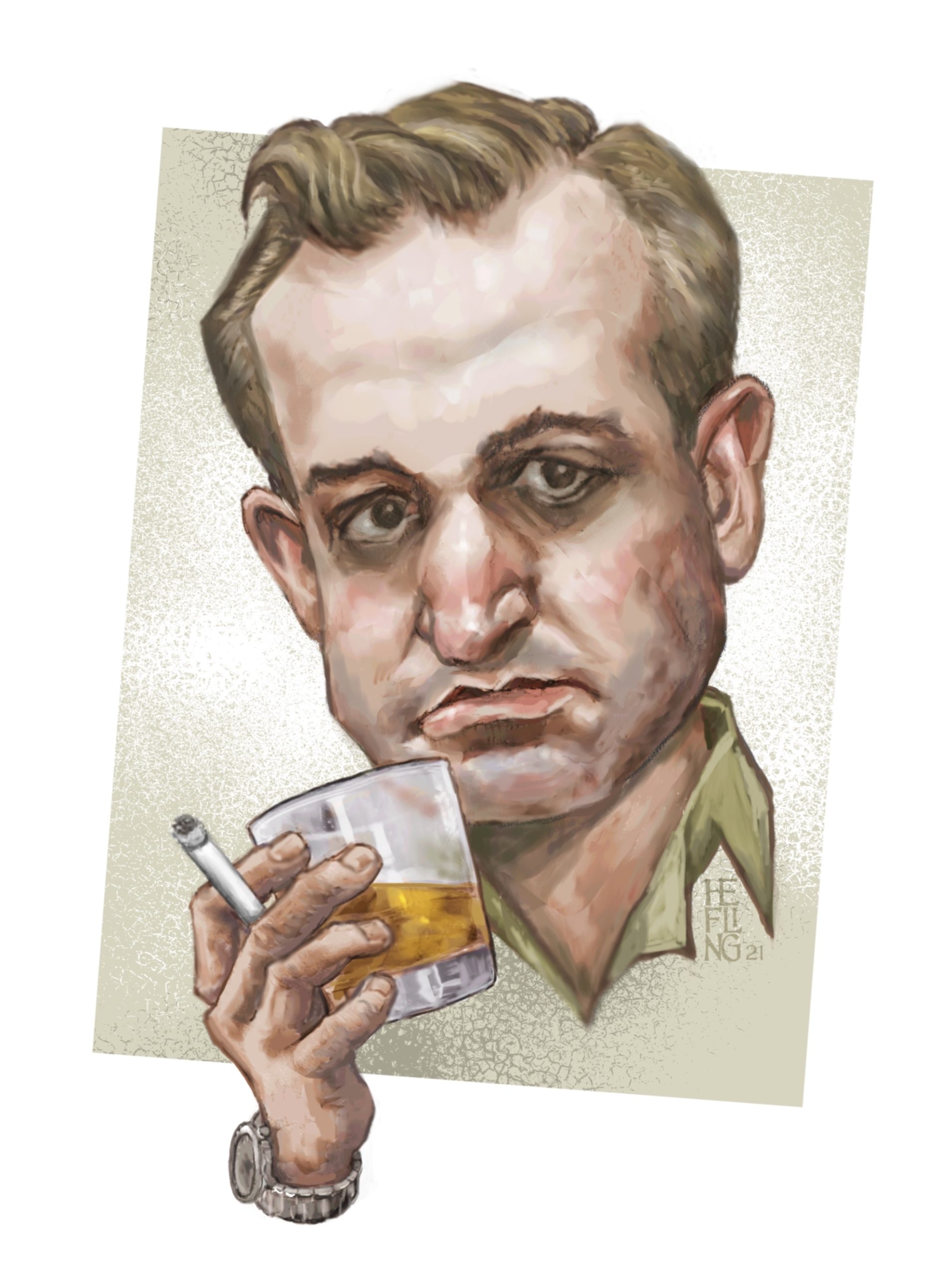 While the action unfolds decades before I first hit Naples, the swarm of barflies that Burns spotlights is much like the bunch I encountered in 1984 in the still-closeted, militarized city. I returned for the first Naples Pride march in 1996, and again with my husband in 2013, when we were shocked to see that the entire historic port was the site of a rollicking Gay First Friday festival. Rereading The Gallery gives me a stunning sense of the social progress that has evolved over the past century in one of the world’s oldest, continuously populated cities.
While the action unfolds decades before I first hit Naples, the swarm of barflies that Burns spotlights is much like the bunch I encountered in 1984 in the still-closeted, militarized city. I returned for the first Naples Pride march in 1996, and again with my husband in 2013, when we were shocked to see that the entire historic port was the site of a rollicking Gay First Friday festival. Rereading The Gallery gives me a stunning sense of the social progress that has evolved over the past century in one of the world’s oldest, continuously populated cities.
Graduating from Harvard in 1937, Burns served in the military but never saw combat. Because he spoke Italian, he served in Intelligence, and thus was able to observe Neapolitans at a much more intimate level than most grunts. His central character, the one who brings the boys together in The Gallery, is “Momma”—a grand dame who roams the bombed-out streets on the lookout for her heroes: young Allied warriors she suspects are gay. She gives each a card inviting them to her bar in the Galleria Umberto, a shattered, teeming Victorian arcade. Writes Burns:
Dan Mathews is the author of two memoirs, Committed andLike Crazy. He is a senior vice president of PETA.


